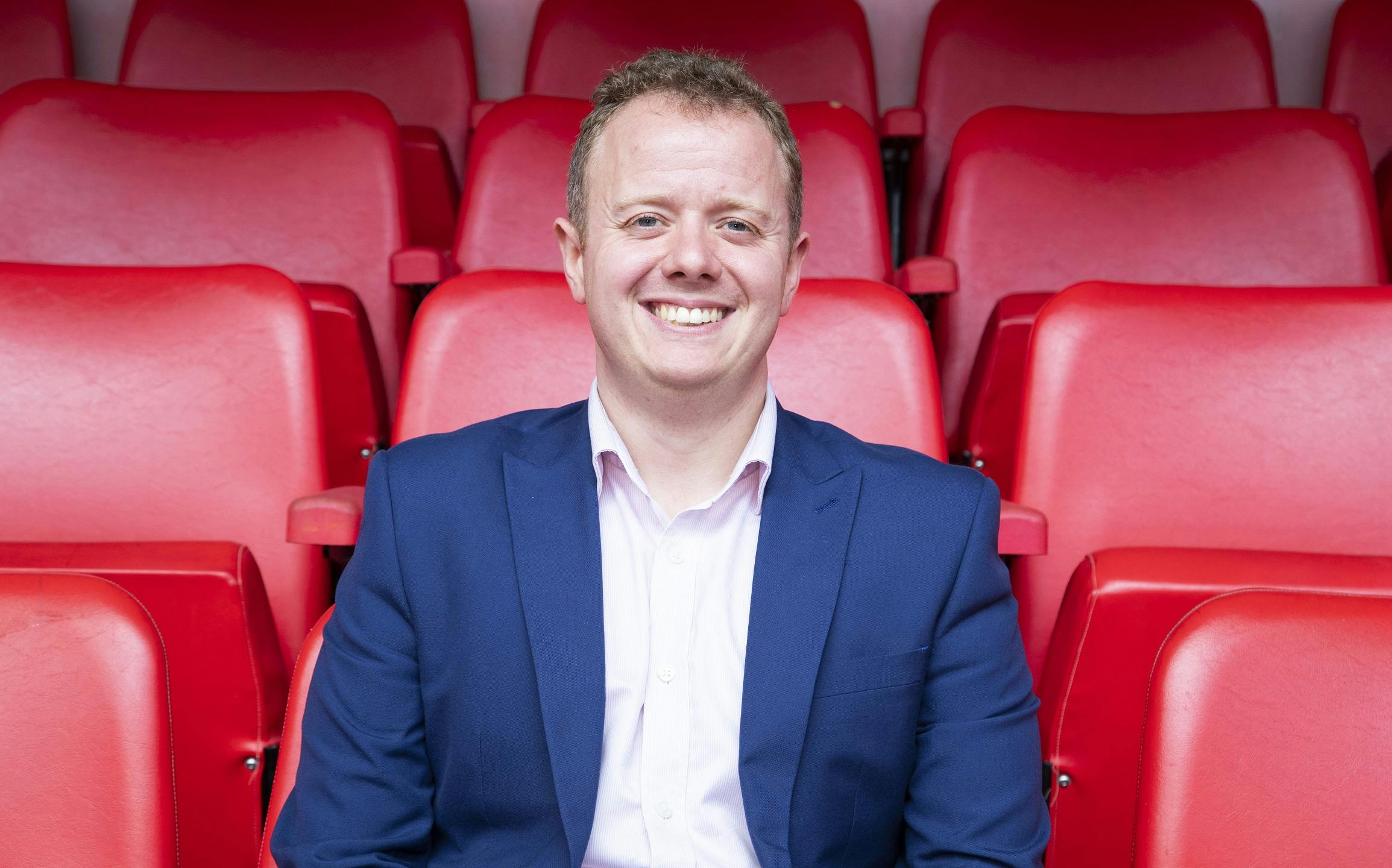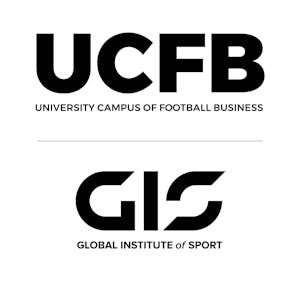There might be a pandemic going on and concern for the commercial future of sport around the world, but you’d be fair to assume that it’s all business as usual in the English Premier League – literally.
No fans, no match day income and apparent financial uncertainty didn’t stop clubs spending over £1.2bn during the summer window, each chasing their own individual dream ahead of a season that no one is sure will even finish as Covid-19 continues to wreak havoc on daily lives around the world.
However, research shows that Premier League clubs spent less than a fifth of their expected cumulative 2020-21 revenue during the recent window. Clubs’ collective net-spend of £830m was a “relatively sustainable” 17-18 per cent of revenue says Chris Winn, football finance expert and academic at UCFB’s Global Institute of Sport (GIS).
However, the net-spend of clubs was around £200m more than 2019’s summer window, despite the gross total being c.£170m less this time around.

Chris, who previous co-authored the Deloitte Annual Review of Football Finance, said: “Even allowing for no match-day revenue this season in a worst case scenario, potential broadcast rebates and the commercial hits due to lack of fan exposure, I’d still expect the Premier League to generate at least £4.5bn-£5bn total revenue this season as it stands.”
Chris continued, “Whilst the significant gross spend by Premier League clubs affirmed the notion of this summer being a buyers’ market, it is also important to note that transfer fees are often paid in instalments over time – so these levels of spend are not immediate cash payments here and now. Clubs will hope that future payments will be made in better times, and are often supplemented with future performance related terms to limit potential future liability.”
Chris leads the on-campus and online MSc Football Business programme at GIS, who deliver Master’s degrees and executive education in the global football and sports industry. Their UK campuses in London and Manchester feature Wembley and Etihad stadiums at their heart and students can also access global study hubs at New York’s Red Bull Arena, the Mercedes-Benz Stadium in Atlanta, Toronto FC’s BMO Field and the Melbourne Cricket Ground.
In 2018-19 (the latest period for which financials are available), match-day revenue only accounted for around 13 per cent (£680m) of overall club revenue in the English top flight, slightly below the net spend figure paid out by clubs this summer, with broadcast and commercial deals being far more generous towards club coffers. Thirteen of the seventeen consistent Premier League teams spent less this summer compared to last, with nine clubs reducing net-spend. Only three clubs ended the summer in profit – Crystal Palace, West Ham United and Brighton.

The so-called “big six” contributed c.£650m of the £1.24bn gross spent this summer – 53 per cent. Last summer this was just over 40 per cent. However, this summer’s spend is heavily skewed by the backing Frank Lampard was given at Chelsea following their transfer ban last term. The Londoners spent over £220m this summer – almost 18 per cent of the league gross spend – on the likes of Kai Havertz, Timo Werner and Ben Chilwell.
Commenting on the spending spree from Premier League clubs this summer, Chris added: “A lot has been said about spending responsibly in the current environment, but clubs need to continue to invest to compete at that level. In the top flight if clubs are relegated, or don’t qualify for Europe when expected to, it can have huge financial consequences, as well as impacting the ability to attract future talent. Historically, there’s often a very strong correlation between spending and success in the Premier League.”
How much did the recently revealed Project Big Picture play a part in the thinking of clubs during the window, especially the “big six”? Perhaps we’ll never know, but it appears that the Premier League train will continue to roll on whatever the circumstances.
About GIS
GIS offers current and aspiring sports professionals the chance to excel in the industry with a number of university degrees and specialist programmes spanning leadership, business, and coaching delivered by some of the most experienced and respected practitioners in world sport.
In addition to on-campus and online Master’s degrees in sport, GIS offers an executive education portfolio led by VSI Executive Education (VSI), brand new professional qualifications for students, graduates and sports business professionals, and an Industry Advisory Board packed with leading names in the world of sport from the likes of the Premier League, MLS, Tennis Australia and NBA.
For more information, please visit www.GIS.sport/SportBusiness.